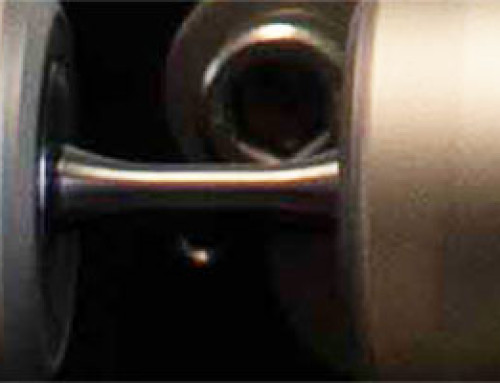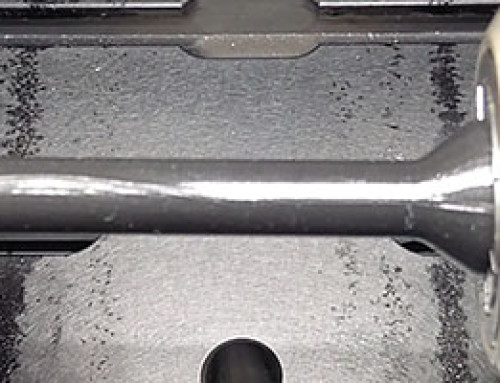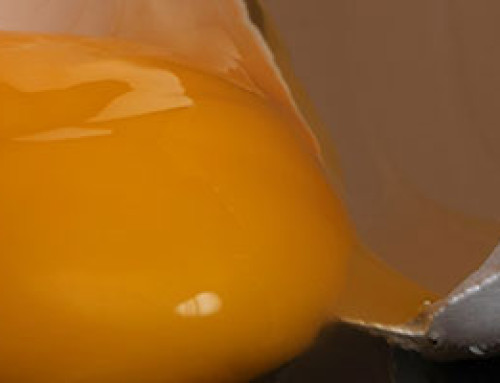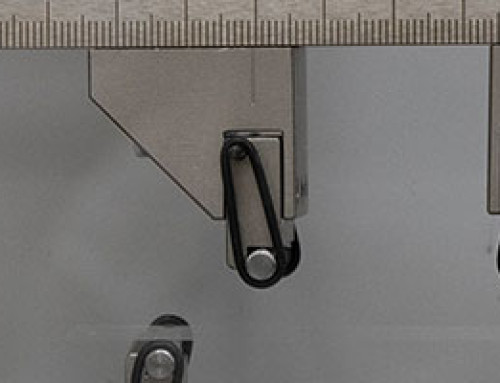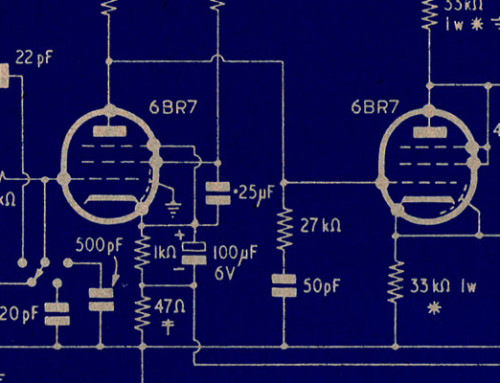The construction industry plays a pivotal role in the building of new offices, stores, and houses to provide both a home for those in need as well as an environment for the innovation of new ideas from the world’s leaders. One organization – Habitat for Humanity – delivers a service that surpasses that of most homeless shelters and has recently taken part in the development of the first Compressed Earth Block house for the nonprofit, according to The Moore American.
This type of material is made from clay, concrete, compressed soil, and some water. It is then condensed into firm-holding, unbaked bricks and laid down in typical masonry fashion. Habitat for Humanity partnered with Oklahoma College of Architecture’s Sustainable Building Program to accomplish this project.
The organization plans to build two more houses out of the same material over the next six months. Assistant Professor of Construction Science Lisa Holliday has said that these type of houses are better insulated for temperature and acoustics.
“This project began two years ago and our multidisciplinary class has put a tremendous amount of testing and research into this,” Assistant Professor of Architecture Dan Butko told the news source. “This is a great way for the students to be involved in a hands-on process of design and development while giving back to the community. They’ll continue to be very involved in the house’s construction and site management.”
As with any new materials or products, testing the substance for durability and quality becomes imperative. While ADMET has not worked with Habitat for Humanity, we have taken part in materials testing within the construction sector, such as ensuring the quality of concrete, bricks, wood, and wiring. ADMET provides a wide variety of materials testing machines and on-site installation to ensure that the concrete, metals, and woods the construction markets utilize will withstand the test of time.
A broad number of differing construction materials can be tested through ADMET systems, as utility companies, engineering and design firms, contractors, test labs, and construction managers have turned to us to determine the strength of their specimens.
Along with the ability to tailor a system to meet the needs of our customers, we also lead the way in retrofit upgrades for existing testing machines. The eXpert 1000 servohydraulic testing machine, eXpert 2650 Screw Drive and MegaForce Automatic Concrete Testers are some of the solutions that ADMET provides for the construction sector.
The eXpert 1000 servohydraulic testing systems are able to conduct procedures on metals, concrete, webbing, and other materials. These machines are highly accurate and precise when performing compression, adhesion, flexure, and static tension tests.
The MegaForce concrete testers also offer a low cost solution for error-free testing of concrete beams, cylinders, and cubes. It can even be retrofitted alongside an existing concrete compression testing machine. This system is easy to use and simple to learn, which is advantageous for those who have a schedule to keep. ADMET also provides a wide variety of grips and fixtures, heating and cooling chambers, extensometers, and load cells for a multitude of industries.
All of our systems meet and exceed ASTM and ISO testing standards. Those looking for compression, bend, tension, and fatigue testing for their materials would be wise to talk with ADMET’s Account Director Bill Henderson, who specializes in construction within our sales team. We guarantee to meet the testing needs of those in the construction sector.


